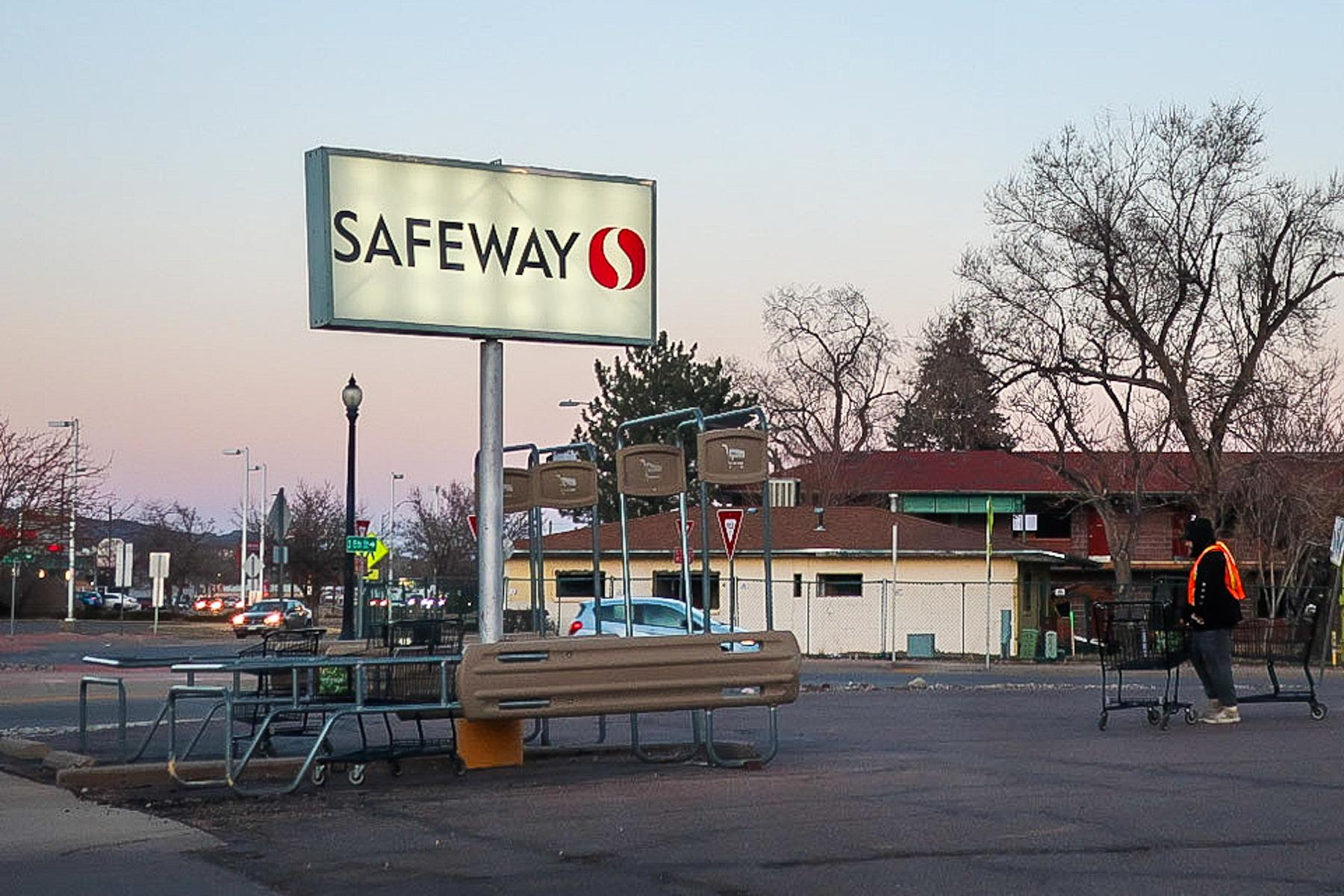Originally published on October 19, 2016 11:56 am
Matt Larson is in his mid-thirties and already concerned about what will happen at the end of his life. A year ago, he was diagnosed with brain cancer. It was treated, but there’s a 50 percent chance it could return. If it does, he wonders at what point he would want to die. In November, Colorado voters will decide whether terminally-ill patients can legally end their lives.
That’s an option that Larson, of Denver, wants. He said his cancer “could recur a year from now or it could recur 15 years from now.”
“Realistically at that point, my odds of survival are very low,” Larson said.
Proposition 106 would allow people with six months or less to live to end their lives with prescription drugs. Approval from two doctors would be required and the patient must be mentally competent. Additionally, the patient must be able to self-administer the drugs. That means that someone with an illness that affects their ability to take the drugs could not take their own life if the proposal becomes law.
Opponents argue there are too few safeguards in place.
“We’ve all heard of issues where somebody has been diagnosed with six months and they’ve gone on to live two years, four years, even 10 years,” said Peggi O’Keefe with the “No Assisted Suicide Colorado” campaign.
Others are against it for religious reasons. In 2012, religious organizations helped defeat a similar proposal in Massachusetts. Sen. Kevin Lundberg, a Berthoud Republican, opposed “death with dignity” measures in the Colorado legislature in recent years.
“This promotes a notion that it’s better to be dead, and I don’t believe we as humans have that moral authority,” he said.
In Colorado, opponents have raised more than $2 million so far. The Catholic Church is the top opponent in terms of funding.
For Julie Selsberg of Denver it’s personal. She witnessed her father’s death from ALS, a fatal neurodegenerative disease. He decided to starve himself to death rather than live with pain.
“And that took 13 days of his body to shut down,” she said. “It is not something he wanted.”
In Oregon, a law like the one on the ballot in Colorado has been on the books for about two decades. There, nearly 1,000 people have ended their lives. More have received the prescription, but decided not to take it.
Larson doesn’t know what he’d do if his cancer returned. He only knows he wants choices.
“In my personal circumstances I intend to fight until the absolute last moment -- do everything I can, and I don’t know whether I would use it or not,” said Larson. “Simply having the option, particularly now while I’m continuing my fight, would give me a tremendous amount of peace and comfort just knowing the agonizing and painful death, the potential for that.”
Copyright 2017 KUNC. To see more, visit KUNC.








